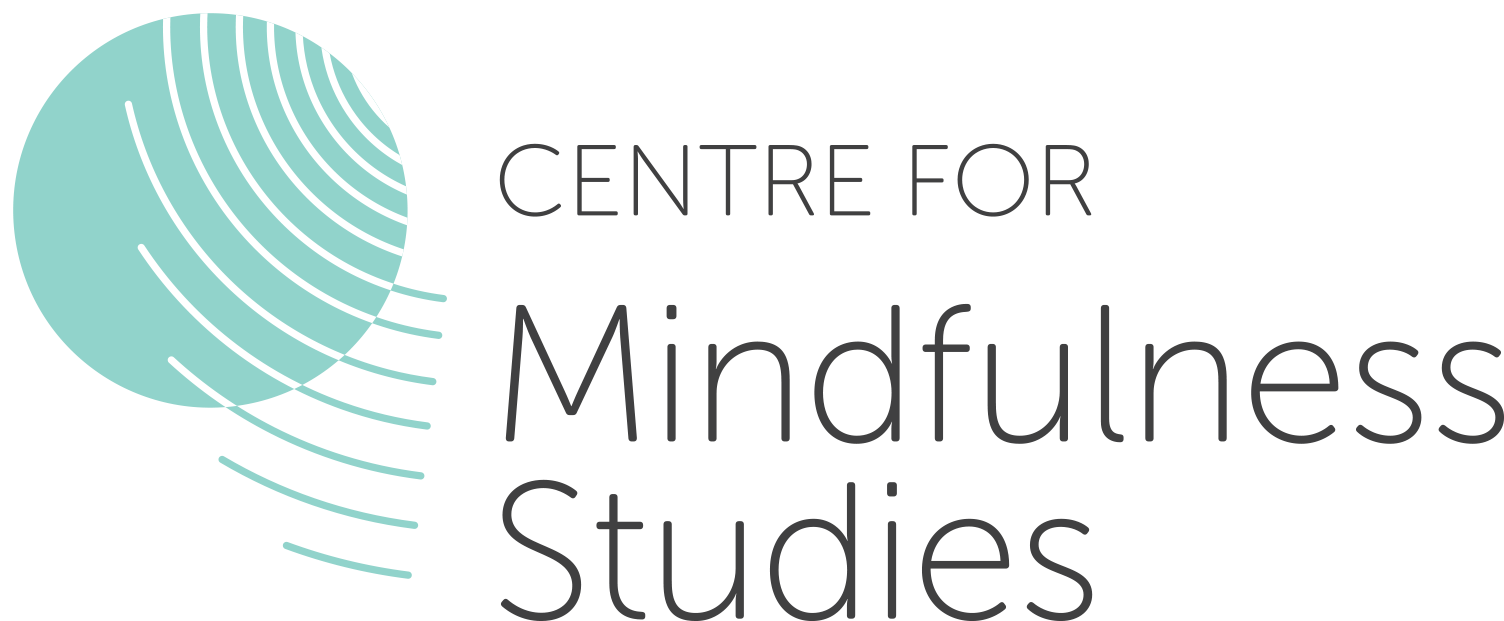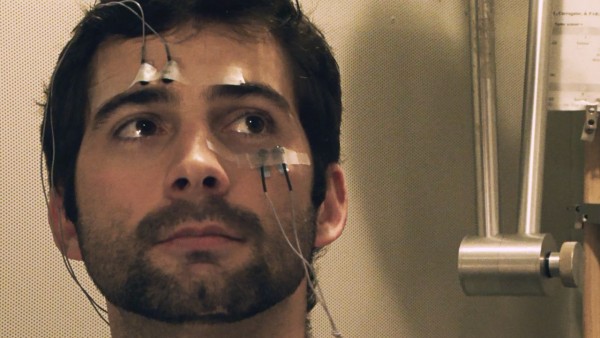I recently attended the Toronto premiere of Free the Mind, Phie Ambo’s documentary showing at Hot Docs. The film, based on the work of neuroscientist Dr. Richard Davidson, examines the effects of meditative practice on the brain and mental health in war vets and children with ADHD. The film will be screening again between June 7-12 at the Bloor Cinema.
Looking around the packed theatre I saw many people I knew. Suddenly, I realized that I was part of a community of mindfulness practitioners. I belonged. So often I think I don’t. It also showed me how the practice has woven its way into mainstream culture.
The lights went down and the movie began with a multitude of images reminding me of the psychedelic sixties or a James Bond film. I felt a bit skeptical and thought that perhaps I’d rather be home in bed.
But when the film began, I was moved by the war vets; their suffering, their candor and how hard they worked at the practice. PTSD and self-judgment are the unwelcome gifts of war that they have brought back to North America from Iraq and Afghanistan.
The film cuts back and forth between the vets taking a seven-day intensive meditation/yoga program and a class of young children who are learning mindfulness at school.
Will, a boy with ADHD, is a focal point in the film and I could see why. He has the charm and charisma that I have often seen in those with ADHD. He pulls at my heart when asked what plants need to grow and he says, “Love.”
When Will rips a toy from another boy’s hand and the boy cries, their mindfulness teacher asks the boy where he feels his distress in the body. She then asks Will how he feels when he sees his friend so sad. After a moment’s defensiveness, he says, “Sad.” She asks him what he could do and he says he’s sorry and offers a hug. The kids recover from their upset quickly.
I am embarrassed to say that this scene evoked sadness and regret for me. I felt shocked and thought, “We are so stupid.” It’s so simple. The practice is always there and we can start early by teaching our children to tune in to the body, to feel what is present, whether it’s joy or pain. We can teach them to be kind and compassionate without beating them with moralistic imperatives. My children are in their 20s and for the first time, I wished I could go back in time and do it all over again; with presence, teaching them mindfulness while they are still small.
The takeaway message of the film is that the brain is so resilient. Neuroplasticity is our friend. It gives us the opportunity to begin again and again, opening to possibility and more skillful ways of dealing with suffering in ourselves and others.


